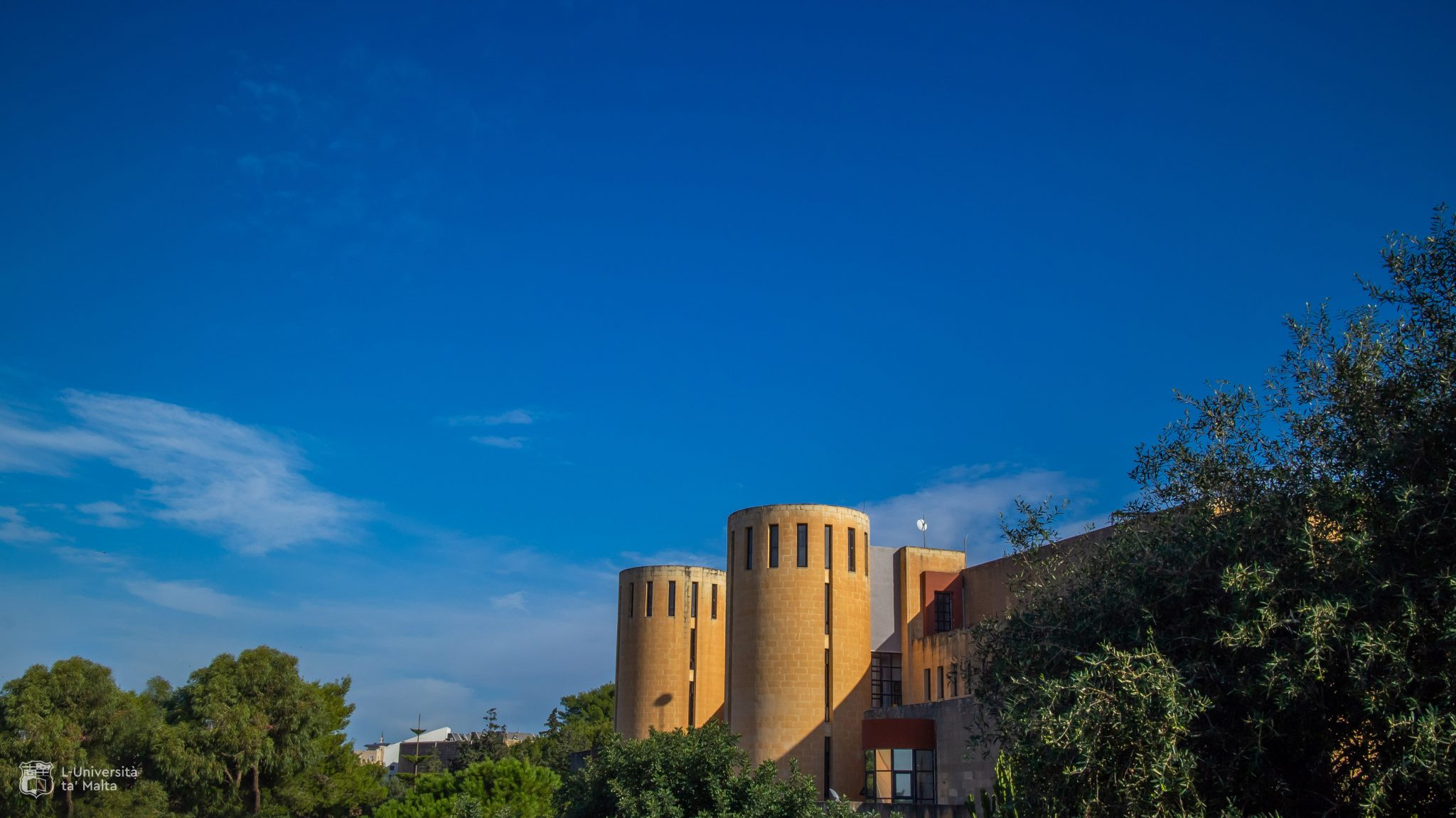
The recent Utrecht Network meeting in Malta brought together research managers, innovation officers, and university representatives from across Europe for three days of dynamic exchange. This landmark event focused on responsible research management and international cooperation, providing a unique platform for dialogue, collaboration, and knowledge sharing on the evolving landscape of research support and strategy.
A major highlight of the event was the session on research security, featuring presentations by experts from Xjenza Malta and Aarhus University. The timely discussion addressed the growing attention to risks associated with technology transfer, malign influence, and ethical violations that are also relevant when research organisations are considering applying for funding under the European Defence Fund (EDF). As the EDF attracts increasing interest from the EU research community, the session underlined the need for universities and research organizations to implement adequate research security measures to align with eligibility criteria of EDF.
The ERA-Shuttle project also took center stage, using the opportunity to strengthen ties with fellow widening universities. It led a session titled “Major challenges research infrastructures are facing”, which explored issues such as funding fragmentation, governance complexity, and skills shortages. The presentation showcased how collaborative efforts—such as those undertaken by ERA-Shuttle project—support talent mobility, innovation, and equitable access to research infrastructures across widening countries and regions.
An inspiring session on social innovation and open impact was delivered by a representative from the University of Cambridge, highlighting how Cambridge Enterprise initiative empowers researchers—particularly in the arts, humanities, and social sciences—to translate their work into solutions with real social benefit. The lively discussion that followed emphasized how an open-impact culture can extend research outcomes beyond academia, fostering collaboration with public institutions, communities, and businesses. Participants explored how non-profit ventures, open-source models, and community-driven collaborations can complement traditional tech-transfer mechanisms, ensuring broad and inclusive societal value.
Another key theme was the integration of AI tools in the management and administration of research. Several Utrecht Network universities presented concrete examples of how AI is being used to streamline workflows in research support offices—from funding intelligence and partner matching to automated reporting and compliance tracking. The consensus was clear: AI holds the potential to drive greater cooperation among widening institutions through data-driven collaboration, shared resources, and transparent project coordination.
Building on these insights, the Research Support Services Directorate (RSSD) at the University of Malta plans to convene a dedicated session to explore AI solutions suitable for internal use. Supported by the ERA-Shuttle project, UM will identify an entry-level digital tool that can assist research managers and administrators by automating routine tasks, improving call tracking, and supporting knowledge exchange. Inspired by the Utrecht Network exchange, this initiative represents a significant step toward positioning the University of Malta as a frontrunner in AI-enabled, socially responsible, and security-conscious research management within the European Research Area.

